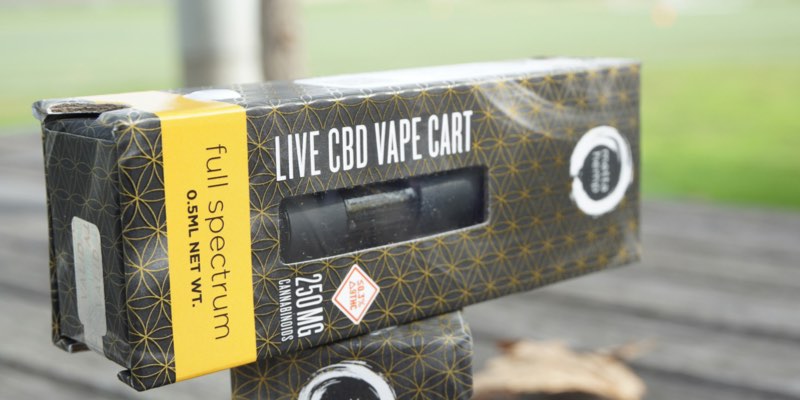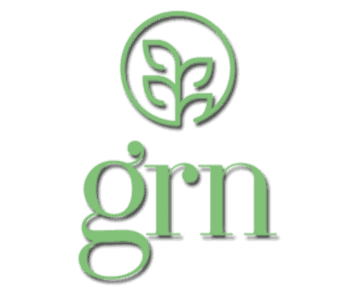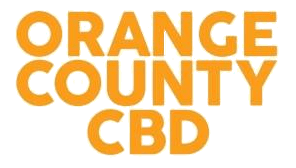What is CBD?

CBD has been commonly misunderstood due to its origins and how it is related to other plants that may contain THC, but ultimately CBD can be derived from hemp, a natural plant that contains only traces of THC. Hemp derived compounds and materials are used very regularly by many industries such as the food, cosmetics, clothing, paper and vaping industries.
There are laws to comply with when producing CBD and hemp derived products, which is why we always ensure ours are fully complaint, fully tested and fully regulated.
CBD has become popular and gained huge traction across the world, appearing in many stores and outlets. It has been discovered that CBD has the ability to influence a wider range of receptors found in the body. The cannabinoids found in CBD have been shown to offer therapeutic benefits by assisting in the regulation of conditions which are associated with chemical imbalance within the body, this is known as `homeostasis`.
No medical claims can be made, however reports and consumer feedback has shown that CBD can have various effects. The use of CBD has become popular as studies have shown results across many areas such as depression, anxiety, chronic pain, appetite disorders as well as others. Clinical trials continue, but evidence so far does suggest that CBD is effective on the receptors in your body’s `endocannabinoid system`.
Endocannabinoid System
Every person has an Endocannabinoid system in their body (ECS) spanning the brain, organs, connective tissue, muscles, glands and immune cells. It is a natural biological system made up of a network of neurons and receptors which react to various organic proteins, enzymes, chemicals and lipids. The ECS system works similarly to your nervous system, reacting and communicating between the body and brain, allowing for effective communication and coordination between all cell types.
Your body is made up of many organic naturally occurring chemicals, anything you consume on a daily basis also adds to this so your cells and receptors regulate these to keep you in a good state of health, balance and general well-being. This is known as `homeostasis`.
All of this may sound rather scientific, but it’s all perfectly natural within your body. A compound it a mixture of different elements. Enzymes break down compounds into more manageable and useable products, for example your gut has enzymes that break food down into useable energy. Organic chemicals are those made from natural substances, so nothing synthetic or `man-made`. Lipids are fat and oil based compounds which the body needs and uses, they help your body send chemical messages between your cells, tissues and organs. They do carry out more functions but ultimately that is one of the primary roles of them within the body.
The receptors in the ECS system are called Cannabinoid receptors; they assist with the regulation of a variety of physiological processes such as appetite, sleep, pain-sensation, mood and memory among other things. These receptors react to organic chemicals known as cannabidiol, more commonly just referred to as CBD. There are two main receptors that we look at when assessing CBD and the body, these are called the CB-1 and CB-2 receptors.
CB-1 is most abundant in your nervous system, brain and spinal cord but is found elsewhere in the body too such as your vital organs, glands and tissues.
CB-2 is most prominent in your immune system but also found in your gastrointestinal tract (gut), tonsils and thymus gland.
CBD (cannabidiol)
CBD (cannabidiol) is a key active ingredient that is found and extracted from hemp plants. It is one of many key active cannabinoids found within the plant, making up approximately 30-40% of the plants makeup. There are many other cannabinoids that can be derived from hemp plants, each one behaving differently and performing certain roles within the body when consumed.
Consuming CBD will not get you high! CBD is not the same as THC which is another active ingredient that people often think is associated with CBD, but THC is usually derived from the cannabis plant. Although similar to hemp, its chemical make-up is different. CBD products we stock which have been derived from hemp will contain levels of THC that are 0.2% or lower.
Here in the UK THC is considered a Class-B controlled drug so products must not contain more than 0.2% to comply with the THC restrictions. You will not find any products on our site that contain more than 0.2% THC. We can provide the analysis reports for all our CBD products, and we will only stock regulated and tested products from reputable manufacturers.
Studies have shown that cannabidiol is a non-psychoactive cannabinoid, unlike THC. Therefore, consuming CBD won’t ever cause a high or temporarily inhibit cognitive functions. This makes CBD an appealing option for anyone looking to incorporate the balancing effects of cannabinoids without having to experience the fuzziness of a high.
CBD is available in a few formats such as full spectrum, broad spectrum and isolate. These terms are explained further below but a quick summary would be isolate is just CBD only in its purist form, whilst broad and full spectrum will contain some of the other cannabinoids that your ECS will interact with.
Full Spectrum, Broad Spectrum or Isolate?
Full Spectrum
Full spectrum CBD is when the CBD product contains all other cannabinoids and plant material found in the hemp or cannabis plant which can also include trace amounts of THC (below the legal limit of 0.2%).
Find our Full Spectrum products here
Broad Spectrum
Similar to full spectrum CBD, broad spectrum contains all other cannabinoid and plant material. However the THC is removed to the levels of non-detection.
Find our Broad Spectrum products here
Isolate
CBD Isolate is CBD in its purest form. All other cannabinoids and plant material is removed.
Find our Isolate products here
How can you take CBD?
Remember, everybody is different in how much CBD they might need or what method of consumption is best. It is important to start small and work your way up over the course of two weeks to properly gauge the right strength for you.
Check out our growing range of CBD products to find the right one for you!
Inhalation
Inhalation is the quickest delivery method for CBD. CBD in e-liquids allow you to vape it, your lungs are the quickest route to get it into your blood stream. It is an ideal choice for those looking for quick absorption or those who need a higher dosage.
Example Products – E-Liquids, Vape Pens, E-Liquid Boosters
Ingested
CBD capsules and gummies are popular methods for consuming CBD. They are discreet and easy to take anywhere and anytime with precise dosing. Ingested products are great for those who don’t need quick release, but want longer lasting effects.
Keep in mind that ingested CBD takes longer to kick in, so make sure you give it at least two hours before consuming more CBD.
Example Products – Capsules, Gummies, Honey Sticks
Sublingual
Sublingual products have a quicker onset and higher absorption. Tinctures are a great sublingual product, available in numerous flavours as a spray or oral drop. Just make sure you allow the product to sit under the tongue for at least 30 seconds before swallowing.
Example Products – Tinctures, Oral Sprays
Topical
Topical products are great for skin rashes, localised pain relief, achy muscles, joints, inflammation and anti-aging.
Example Products – Bath Bombs, Lotions, Muscle Rubs
Why CBD?
Whilst it is difficult to describe exactly what CBD does and how it behaves in the body, we can discuss some of the various cannabinoids that interact with the endocannabinoid system, as well as how the receptors work and how they are engaged in the body. Your body does naturally produce some of these compounds; these are referred to as endocannabinoids (endogenous cannabinoids).
-
Posted in
Broad Spectrum, CBD, Full Spectrum, Isolate

























